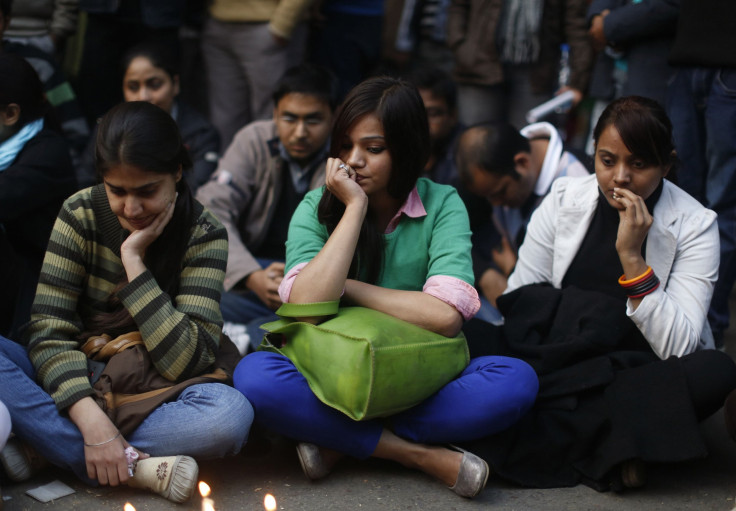Delhi Gang-Rape Victim’s Family Says Naming Anti-Rape Law After Her Will Be An Honor

The Delhi gang-rape victim’s family Wednesday said that naming a revised anti-rape law after her would be an “honor” to the deceased woman, ending a controversy in India over whether her identity should be revealed or not.
The paramedical student, who died after a brutal gang-rape on a moving bus in Delhi, has not yet been identified by the media, respecting a request from the victim’s family for privacy.
The family of the woman said they didn’t have any objection in revealing her identity if the anti-rape law were named after her.
The father and brother of the girl said that "if the government names the revised anti-rape law after her, we have no objection and it would be an honor to her," PTI reported.
Amid differing views on whether the identity of the rape-victim should be kept a secret, Minister of State for Human Resources Development Shashi Tharoor Tuesday suggested naming the revised anti-rape bill after her if her family consented to it.
"Wondering what interest is served by continuing anonymity of #DelhGangRape victim. Why not name&honor her as a real person w/own identity?" he tweeted.
He further tweeted: “Unless her parents object, she should be honored&the revised anti-rape law named after her. She was a human being w/a name,not just a symbol.”
His suggestion started a debate with conflicting views emerging on the issue.
The Bharatiya Janata Party and many other parties opposed the idea, saying the woman’s identity should be kept under wraps to protect her family’s privacy, pointing out that Indian law that prohibits revealing a rape victim’s identity. BJP spokesperson Shahnawaz Husain told IBN Live that “the party would oppose any such move.”
In India, public revelation of a rape victim’s name invites a two-year prison sentence and a fine.
Some observers argue that revealing the identity of a rape victim is a sensitive issue as most of the time the victim and their family face social stigma in the country. But many others opine that India should start attaching the stigma to the perpetrators of the crime and not to the victims, and not revealing the identity of a rape victim helps encourage the stigma.
The identity of the Delhi rape victim had remained anonymous until her death, but irrespective of a request from her family and the law, materials that could reveal her identity were published in some media and social networking sites.
The gang-rape and subsequent death of the girl triggered hitherto unseen protests over the increasing sexual crimes against women in the country, forcing the government to promise tougher laws against the perpetrators of such crimes.
After a two-week-long struggle, the girl succumbed to her injuries on Dec. 29. She was first treated at a hospital in Delhi and was eventually admitted to a Singapore hospital, where she died.
The revised anti-rape law is in draft stage and is expected to be enacted after it gets the parliament’s approval. The governement can also bring it into effect as an ordinance.
© Copyright IBTimes 2024. All rights reserved.





















